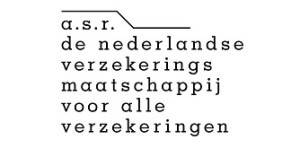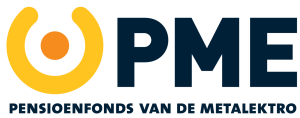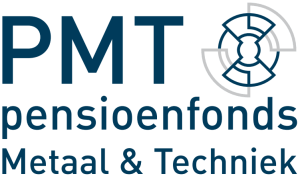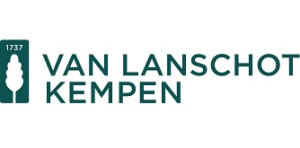The PCAF Europe team is formed by all financial institutions with headquarters in Europe that participate in PCAF, except those from the Netherlands, which have its own PCAF team (i.e. PCAF Netherlands).
PCAF Europe is led by a regional chair, Mr. Tjeerd Krumpelman, Global head of Business Advisory, Reporting & Engagement at ABN AMRO, and member of the PCAF Steering Committee. Mr. Krumpelman is a prominent leader in the climate finance realm in Europe and has extensive experience in emissions accounting and reporting of financial portfolios.
The team enables peer-to-peer collaboration to share experiences and lessons learned among its members regarding the implementation of greenhouse gas (GHG) accounting methods in their portfolios. Team members will adopt the Global GHG Accounting and Reporting Standard and eventually develop bespoke local guides to facilitate application in different national contexts.
By measuring emissions financed by their loans and investments, members of PCAF Europe take the first step required to assess climate-related risks, set targets in line with the Paris Climate Agreement and develop effective strategies to decarbonize our society.
As the group grows and gains experience, national teams are also encouraged to be formed.
If your financial institution is interested in joining the PCAF Europe team, please contact the PCAF Secretariat.
In 2015, fourteen financial institutions from the Netherlands started collaborating to develop and implement greenhouse gas (GHG) accounting methodologies for various asset classes in a harmonized manner. Since then, the group has been growing and produced six GHG accounting reports from 2017 through 2022. The 2019 PCAF NL report was also translated into Chinese. (Chinese version of the 2019 report available here)
In the lead up to Dutch Climate Week 2022, the PCAF Netherlands participants published their sixth report. In this report, the twenty three Dutch financial institutions provide an update on the progress made in implementing the PCAF Standard, showing examples on how they have been measuring their financed emissions.
By making their financed GHG emissions transparent, the PCAF Netherlands participants give concrete form to the commitment that virtually the entire Dutch financial industry has made to the Dutch climate agreement. Among other things, the industry promised to measure the climate impact of its loans and investments, to report on them and to develop concrete reduction targets.
PCAF Netherlands currently consists of 28 financial institutions with more than $3.8 trillion (€3.5 trillion) in total financial assets.
Download the 2023 report (PDF, 1 MB)
Dutch founders of PCAF:














PCAF UK was formed in October 2020 and aims to embrace and strengthen the global PCAF effort by bringing together UK financial institutions to collaboratively meet the challenges in measuring and reporting financed emissions both in the context of UK net zero commitments and international development efforts.
In November of 2020, the group published a 12-month workplan focusing on the residential property, agriculture and forestry sectors. In November of 2021, the group published its year-one progress report and findings to date.
The year-one report primarily focuses on the work undertaken by the PCAF UK Residential Property Working Group. The report presents a to-the-point summary of approaches being used to calculate residential financed emissions in the UK, the current challenges and technological solutions which can partially mitigate these, and recommendations for UK policy makers which would facilitate the determination of the accurate carbon performance of the UK’s residential building stock.
As of January 2022, PCAF UK consists of 34 financial institutions. PCAF UK is chaired by Robert Hall, International Business of Federated Hermes.
Download PCAF UK report 2020/2021 (PDF, 2MB)
PCAF UK Observers:
The Bank of England, the Green Finance Institute, the UN Climate Change COP Unit, UK Department for Business, Energy and Industrial Strategy, Carbon Laces, Satellite Applications Catapult, the Global Ethical Finance Initiative, the Cambridge Institute for Sustainability Leadership, the UCL Energy Institute, the Church Commissioners for England and Igloo